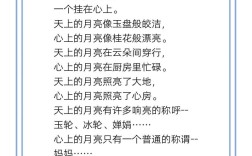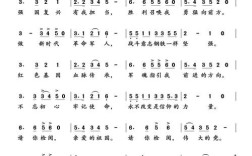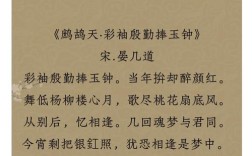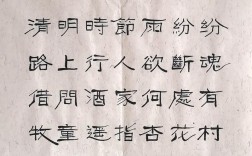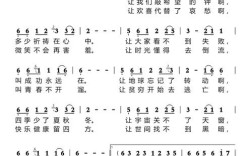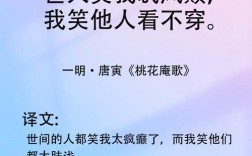The Power of Inspirational English Poetry
Poetry has long been a vessel for human emotion, wisdom, and motivation. Among the vast literary landscape, inspirational English poetry stands out as a beacon of hope, resilience, and encouragement. Whether drawn from classical works or modern verses, these poems offer profound insights into life’s challenges and triumphs. Understanding their origins, authors, and techniques can deepen appreciation and enhance their impact.

Origins and Evolution of Inspirational Poetry
Inspirational poetry has roots in ancient oral traditions, where bards and storytellers used rhythmic language to uplift and guide communities. Over centuries, written poetry emerged as a refined art form, blending philosophy, spirituality, and personal reflection.
In English literature, the Romantic era (late 18th to early 19th century) marked a turning point. Poets like William Wordsworth and John Keats celebrated nature, individualism, and human potential. Later, Victorian and modernist poets, including Alfred Lord Tennyson and Maya Angelou, expanded the genre, addressing perseverance, equality, and inner strength.
Notable Poets and Their Works
Several poets have crafted timeless inspirational verses. Their words continue to resonate across generations.
William Ernest Henley – "Invictus"
Written in 1875, Invictus remains one of the most powerful motivational poems. Henley composed it while battling tuberculosis, reflecting his unyielding spirit. The famous closing lines—"I am the master of my fate, I am the captain of my soul"—embody resilience.
Maya Angelou – "Still I Rise"
A cornerstone of empowerment literature, Angelou’s Still I Rise (1978) celebrates overcoming adversity. Its rhythmic defiance—"You may shoot me with your words, You may cut me with your eyes, You may kill me with your hatefulness, But still, like air, I’ll rise"—inspires marginalized voices worldwide.
Rudyard Kipling – "If—"
Published in 1910, If— offers a father’s wisdom on perseverance and integrity. Kipling’s measured advice—"If you can meet with Triumph and Disaster And treat those two impostors just the same"—has guided countless readers through life’s uncertainties.
Emily Dickinson – "Hope is the Thing with Feathers"
Dickinson’s metaphorical brilliance shines in this short yet profound poem. Comparing hope to a bird that "perches in the soul," she captures its enduring nature even in hardship.
Themes and Techniques in Motivational Poetry
Inspirational poetry often employs recurring themes and stylistic devices to maximize emotional impact.
Common Themes:
- Resilience – Overcoming obstacles through inner strength.
- Self-Belief – Trusting one’s abilities despite doubt.
- Perseverance – Enduring hardship with patience and courage.
- Hope – Finding light in darkness.
Literary Techniques:
- Metaphor & Simile – Comparing abstract concepts (e.g., hope as a bird) to make them tangible.
- Repetition – Reinforcing key messages (e.g., Angelou’s "I rise").
- Rhyme & Rhythm – Creating a musical quality that enhances memorability.
- Imperative Language – Direct calls to action (e.g., Kipling’s "If you can keep your head…").
How to Use Inspirational Poetry Effectively
Poetry’s power lies not just in reading but in application. Here are ways to integrate motivational verses into daily life:
Personal Reflection
Select a poem that resonates with current struggles. Read it slowly, noting phrases that evoke emotion. Journaling about its relevance can provide clarity and motivation.
Public Speaking & Presentations
Quoting poetry adds depth to speeches. A well-placed line from Invictus or Still I Rise can energize audiences and reinforce key messages.
Educational Settings
Teachers can use inspirational poems to foster discussion on resilience and ethics. Analyzing If— in classrooms encourages critical thinking about personal values.
Creative Writing Inspiration
Aspiring writers can study these poems to understand how economy of language conveys profound ideas. Mimicking structure or themes can sharpen one’s own voice.
The Enduring Relevance of Motivational Verse
In an era of rapid change and uncertainty, inspirational poetry remains a steadying force. Its ability to distill complex emotions into concise, memorable lines makes it uniquely impactful. Whether seeking solace, courage, or direction, readers across cultures and generations turn to these timeless words.
The greatest poems do not merely describe human experience—they ignite the spirit. From Henley’s defiance to Angelou’s triumph, these verses remind us that language, at its best, is a catalyst for transformation.



